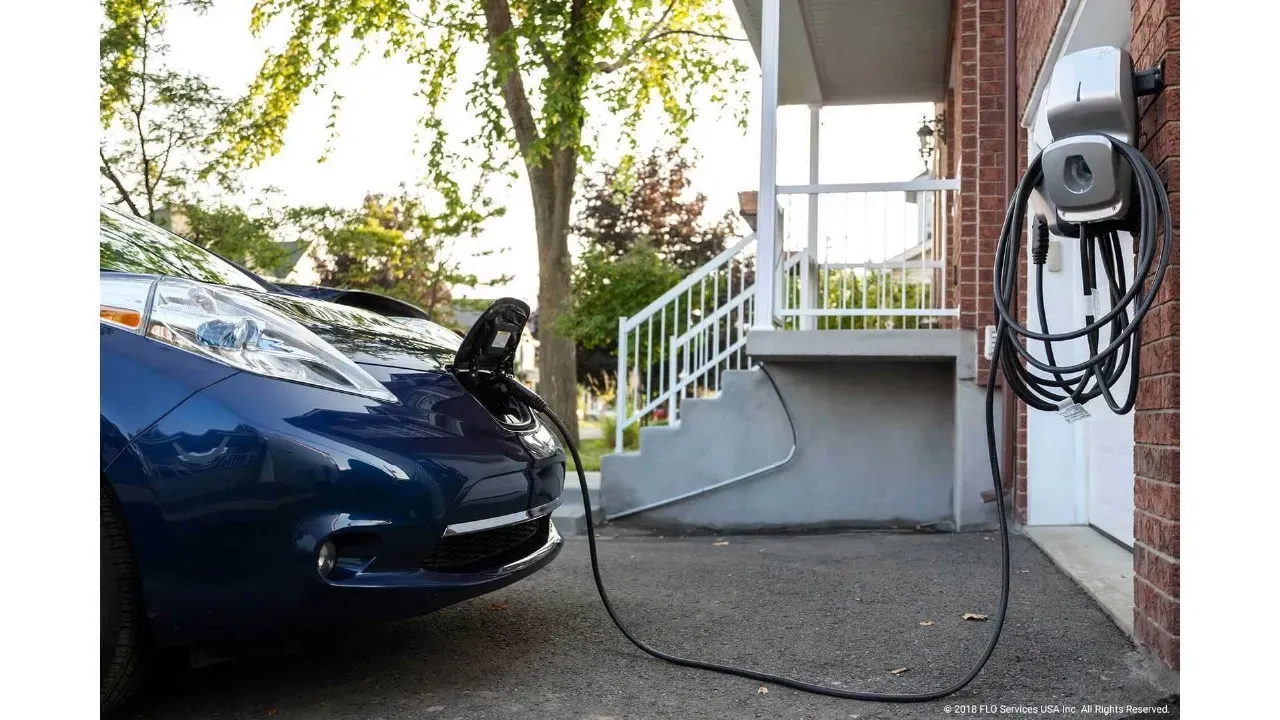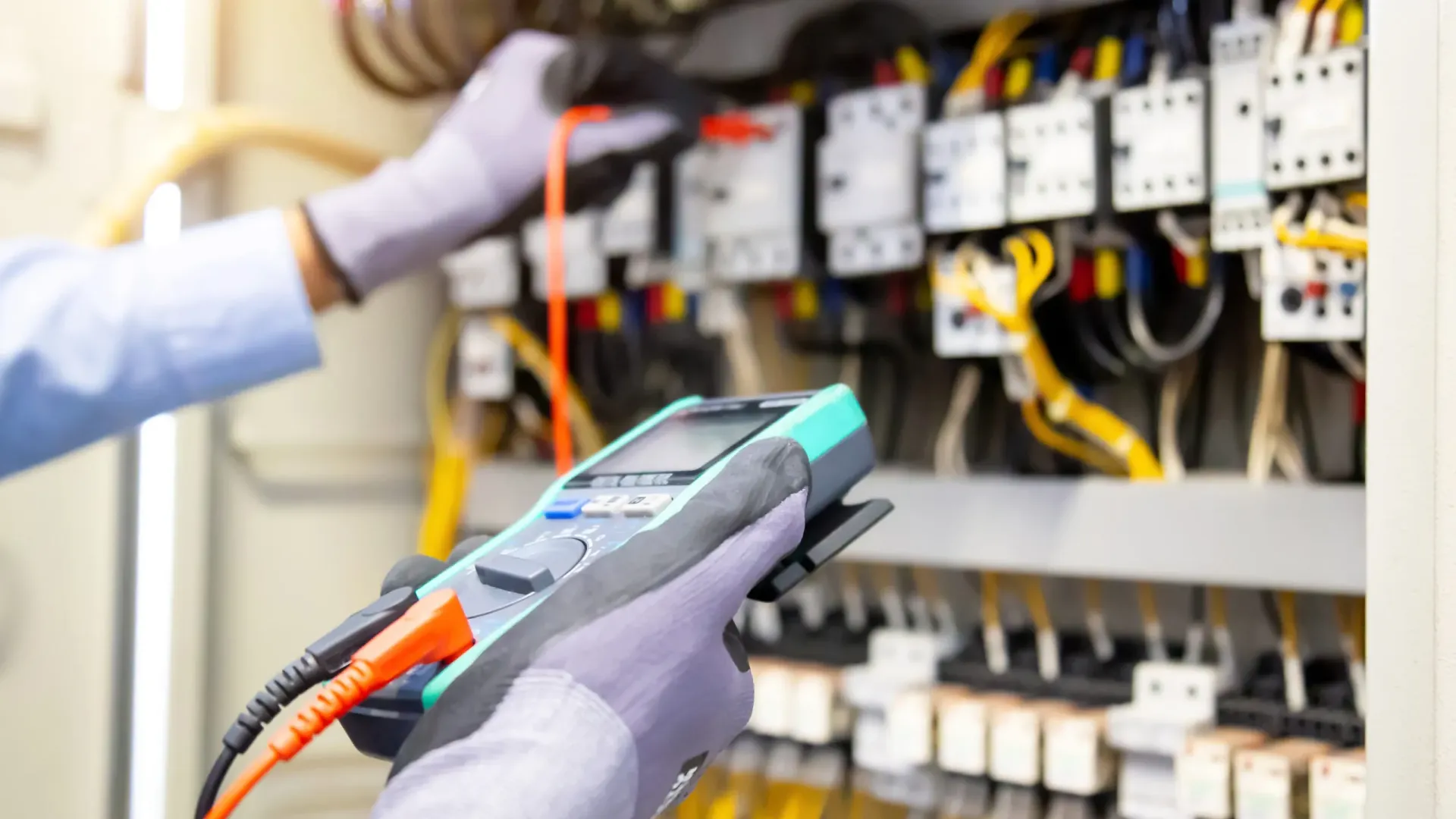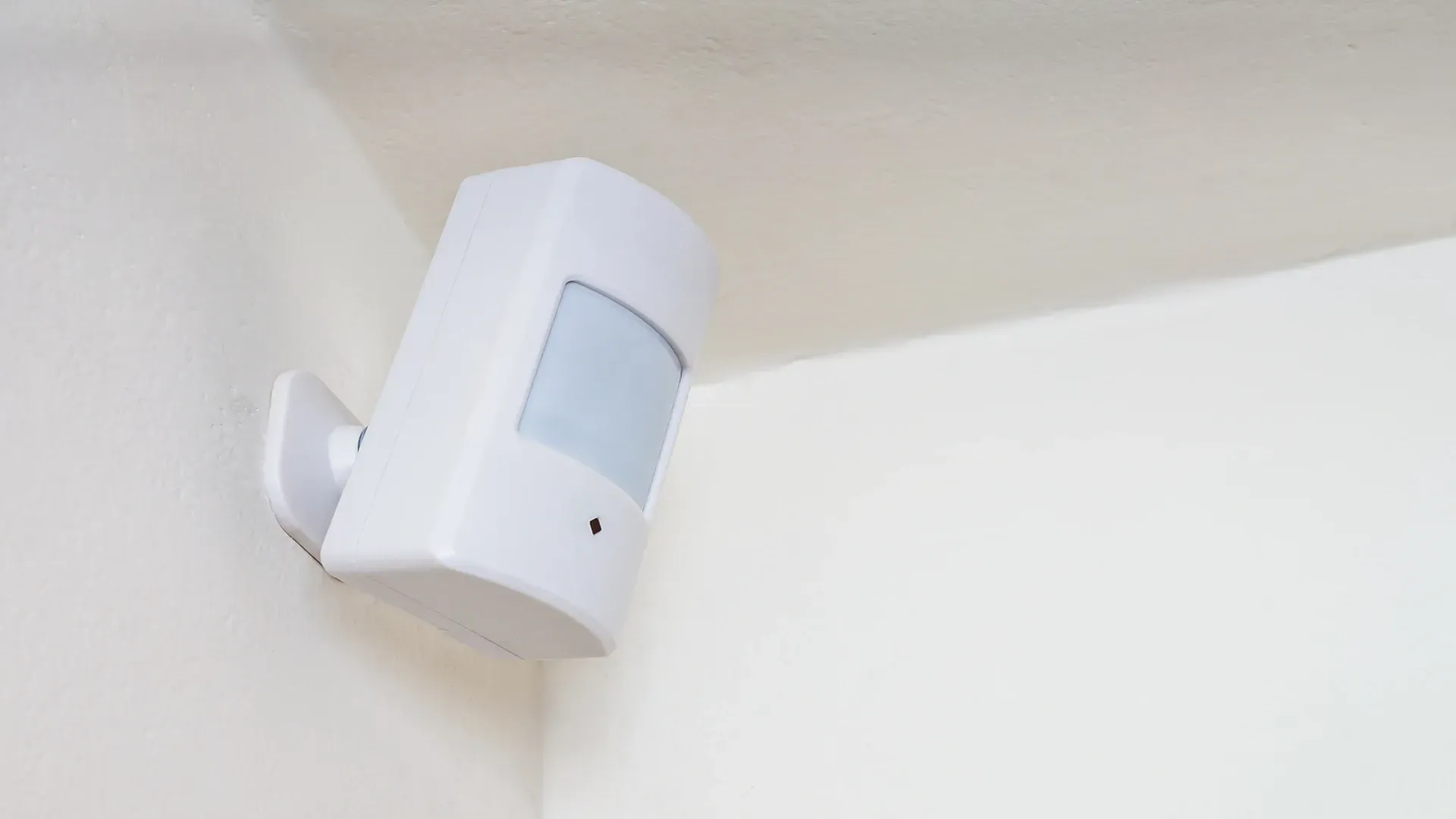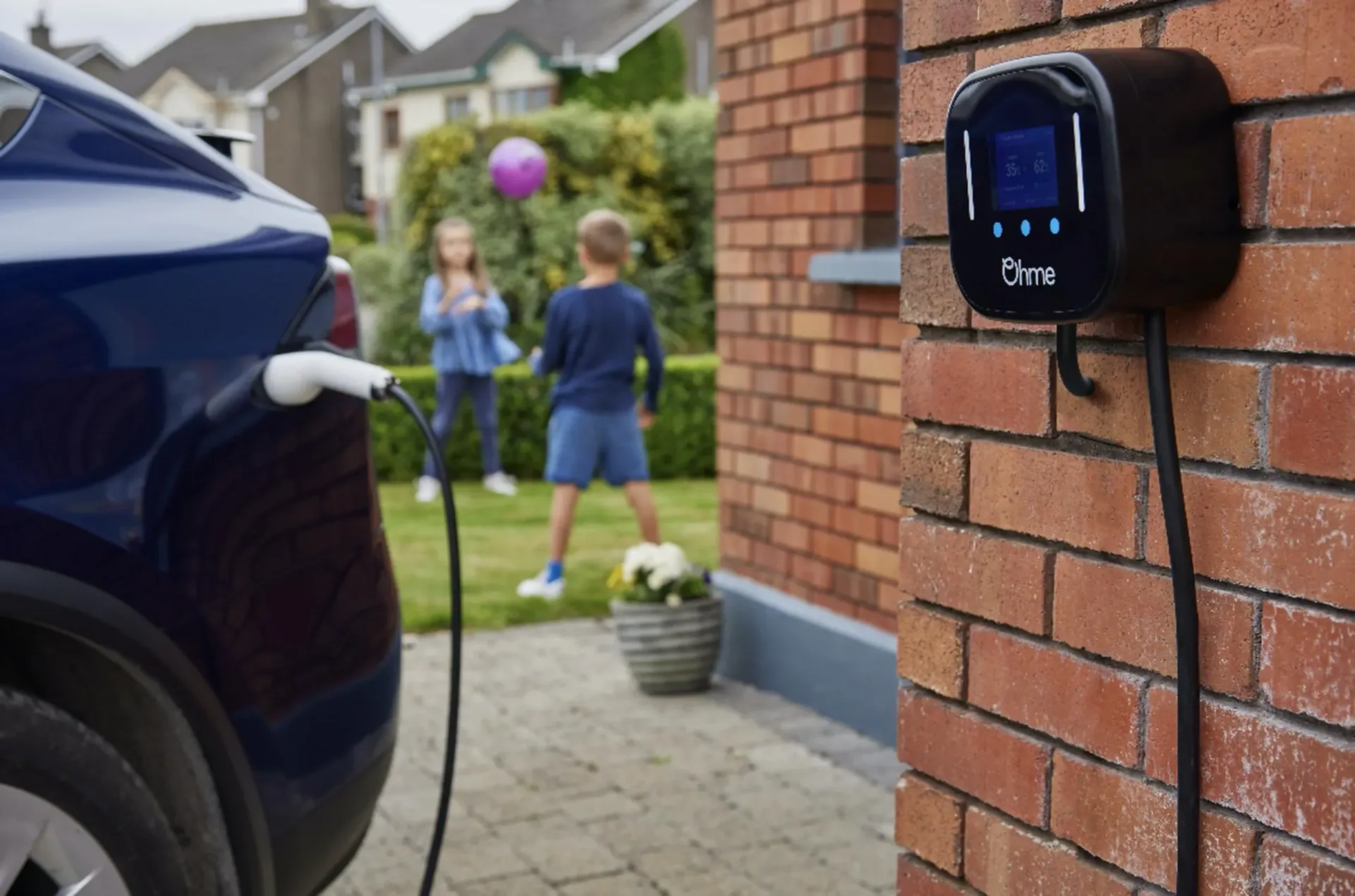Do I Need a Permit to Install an EV Charger? Here's What You Need to Know
As electric vehicles (EVs) continue to grow in popularity, more homeowners are considering installing EV chargers in their garages or driveways. While installing a charger may seem straightforward, many people ask the important question: Do I need a permit to install an EV charger?
The short answer is yes, in most cases, you do need a permit. But the details can vary based on your location, the type of charger you're installing, and whether you're upgrading your electrical system. In this article, we’ll explain everything you need to know before you begin your EV charger installation project.
Why Permits Matter for EV Charger Installations
A permit ensures safety, code compliance, and often plays a role in your property’s resale value. Installing Electric Chargers without proper permits can lead to inspection failures, insurance issues, or even electrical hazards.
When a permit is pulled, it typically means a licensed electrician is handling the installation, and the local authority will inspect the work to confirm it's up to code.

Types of EV Chargers and Installation Requirements
Before we discuss permitting in more detail, it’s important to understand the types of EV chargers commonly installed in homes:
1. Level 1 Chargers
- Use a standard 120-volt outlet
- Typically plug into a wall outlet
- Slow charging (adds about 4-5 miles of range per hour)
- Usually do not require electrical upgrades
2. Level 2 Chargers
- Require a 240-volt outlet
- Much faster charging (adds 20-30 miles per hour)
- Often require a dedicated circuit and professional installation
- Most likely to require a permit
If you're installing a Level 2 charger (which most homeowners prefer for convenience), chances are you will need a permit, especially if any electrical work is involved.
When Is a Permit Required?
You may need a permit for an EV charger installation under the following conditions:
- Adding a new 240V circuit to your electrical panel
- Upgrading your electrical panel to support the new load
- Hardwiring the EV charger into your system
- Installing an outdoor charging station that requires trenching or weatherproofing
- Any installation that alters your home’s electrical wiring
If you're simply plugging a Level 1 charger into an existing outlet, a permit may not be required. However, any significant electrical work should go through the proper permitting channels.
Permit Requirements Based on Charger Type
Charger Type: Level 1
Installation Type: Plug-in to existing 120V outlet
Permit Needed? Not usually
Charger Type: Level 2 (plug-in)
Installation Type: 240V outlet already available
Permit Needed? Possibly (depends on location)
Charger Type: Level 2 (hardwired)
Installation Type: Requires new circuit or panel work
Permit Needed? Yes
Charger Type: Outdoor Level 2
Installation Type: Involves trenching or new wiring
Permit Needed? Yes
Charger Type: With panel upgrade
Installation Type: Increases amperage or rewires panel
Permit Needed? Yes
Who Handles the Permit?
Permits are typically pulled by the licensed electrician performing the installation. This ensures that:
- The installer is qualified
- The work is inspected
- The installation meets local electrical codes
At Bee-Lectric, we handle all permit applications for you as part of our EV charger installation service. This helps prevent delays, ensures compliance, and gives you peace of mind.
What Happens If You Skip the Permit?
While it might be tempting to skip the permit to save time or money, doing so can lead to serious consequences:
- Failed inspections during home sales or renovations
- Voided homeowner’s insurance in case of fire or damage
- Fines or penalties from your local code enforcement
- Unsafe electrical conditions that pose risk to your home and family
Always verify the requirements with a licensed electrician and your local building department before starting the project.
Local Code Requirements and Variations
Permit requirements vary by:
- City or county regulations
- State building codes
- Utility provider requirements
For example, some areas may allow plug-in Level 2 chargers without a permit, while others require one for any charger above 120V. Your local municipality or electrical contractor can provide exact guidance.
How Much Does the Permit Cost?
Permit fees depend on your location and the complexity of the work. On average, permit costs for an EV charger range from $50 to $300, but this can vary.
Costs may increase if:
- You’re upgrading your panel
- You need trenching for outdoor installations
- Multiple inspections are required
Still, this cost is minor compared to the potential risks of non-permitted work.
Frequently Asked Questions
Q1: Do you need a permit to install an EV charger in a residential garage?
Yes, if you’re installing a Level 2 charger or adding a new circuit, you typically need a permit. Level 1 chargers plugged into existing outlets usually do not.
Q2: Who applies for the permit me or the electrician?
The licensed electrician usually handles the permit application as part of the service. At Bee-Lectric, we manage this process for our clients.
Q3: What kind of inspection is done after installation?
A local inspector checks that the wiring, grounding, circuit protection, and installation follow building and electrical codes. It ensures the charger is safe to use.
Q4: How long does it take to get a permit?
Most permits are approved within a few days, depending on your local building department's schedule. In urgent cases, your electrician may help expedite the process.
Q5: What if I install an EV charger without a permit?
Installing without a permit can lead to code violations, safety hazards, fines, and potential problems with insurance or future home sales.
Conclusion
So, do you need a permit to install an EV charger? In most cases, yes—especially for Level 2 chargers that require dedicated circuits, hardwiring, or outdoor installations.
Permits are a small but essential step to ensure your charger is installed safely, meets electrical codes, and won’t create future issues. If you're thinking of installing an EV charger, don’t take shortcuts. Work with a licensed electrician who can guide you through every step—from permits to final inspection.
Power Your EV with Confidence
At Bee-Lectric, we specialize in EV charger installations that are safe, code-compliant, and future-ready. We handle everything including the permitting process so you don’t have to worry.
Book your EV charger installation today!
Call us or
request a quote and take the next step toward cleaner, smarter driving.



